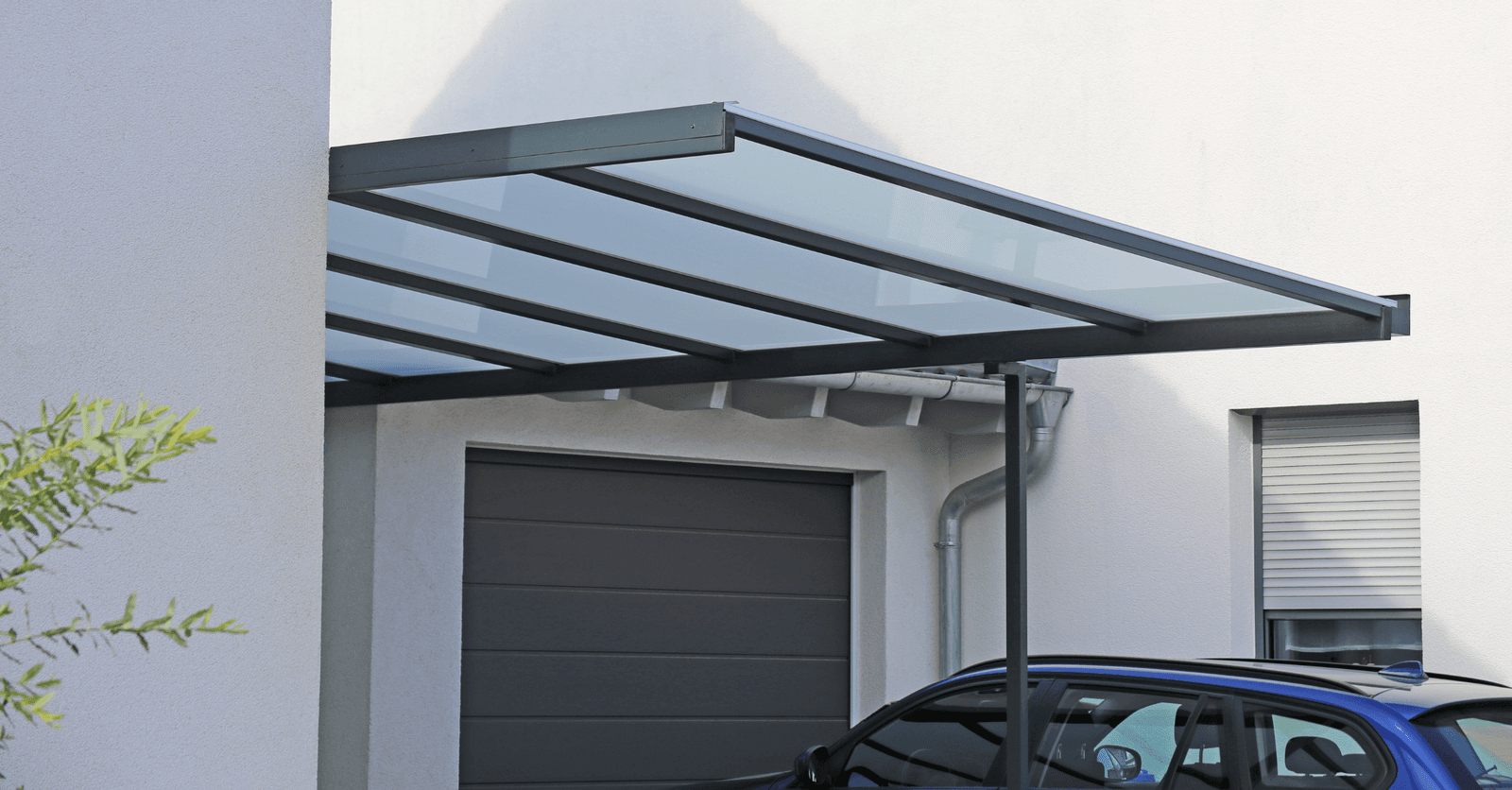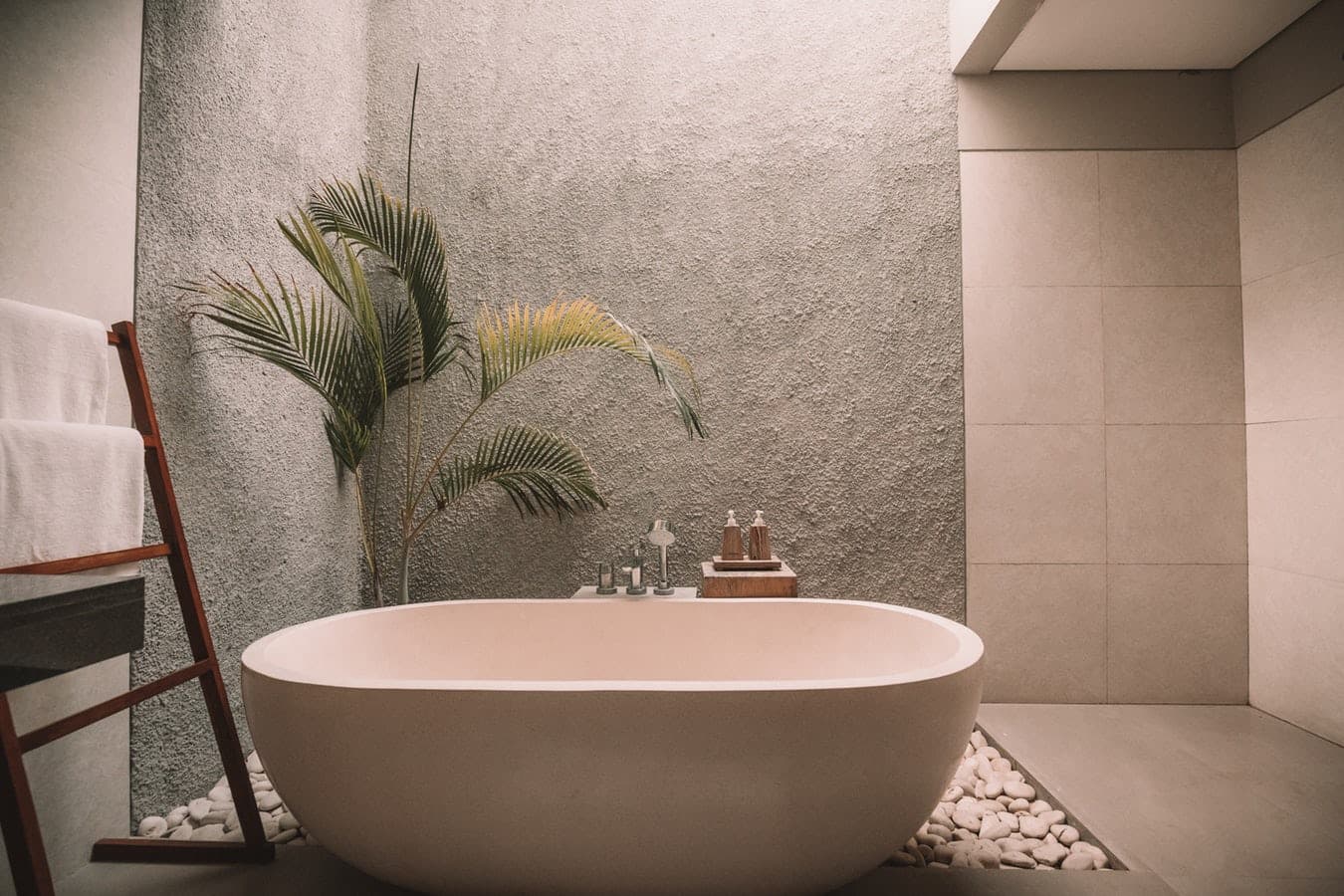Natural Stone Pavers - How to Choose the Right Paving
By Editorial Team
Updated on December 13, 2024

Natural stone pavers have become a top-tier choice for enhancing and strengthening landscaping, whether used as driveway paving, outdoor patio flooring, parking lot or garden edging. Such elegant and durable materials make for a unique architectural style, transforming your outdoor space while simultaneously increasing its value.
What type of natural stone paver best suits your exterior renovation project? This article will detail everything from paver-specific characteristics to upsides, with the different usage in between, ensuring you make a well-informed decision based on your needs and budget.
The Different Types of Natural Stone Pavers for Patios, Gardens, Driveways, Backyard Landscapes
Stone pavers are typically retailed in a square or rectangular shape, and unlike concrete or brick pavers, rarely can you find two of the same size. And, due to the stone’s size, texture, and colour versatility, they have become quite sought-after.
Stone pavers are also known as paving stones or simply pavers, and are cut from quarries instead of made from moulds like that of concrete pavers or brick pavers. Since almost any type of rock can be turned into a stone paver, the products marketed and retailed are vastly different and not lacking. However, there are three kinds that stand out from the rest: slate, granite, and travertine.
Although said stones are native to all regions, country-wide, they can be purchased and integrated into your landscaping, driveway, or other.
Bear in mind that if you live in a region with a particular influx of any given type of stone, you’ll likely find that specific paver stone material used instead of the previously listed.
Travertine: An Elegant and Durable Option for Your Landscaping
This type of natural stone suits many different uses and is often linked back to Ancient Rome and European Renaissance looks. This material is closely associated with marble, and therefore makes for a smooth texture yet does display some natural cavities, making each stone truly unique.
Travertine makes for a great choice for all sorts of outdoor surfaces, providing long-lasting protection, one that can last a lifetime if properly maintained. Moreover, furthering its appeal, travertine comes in a variety of colours.
Slate: Ideal Stone for a Natural, Non-Slip Surface
Slate pavers can also be decorative, featuring a wide range of colours. Slate is one of the most popular paving stone options due to its natural look and slip-resistant properties. When slate is quarried and stripped from natural rock beds, it splits, hence its natural texture discrepancy.
Said texture distinction within a single stone is what makes it non-slip. The other benefits of incorporating slate pavers into your landscaping or driveway include their rugged yet decorative style, durability, and sizing variety.
Granite: Robust Yet Timelessly Elegant for All Climates
It's no secret that granite has been used for renovation projects for centuries now. Such stone is particularly appealing in that it comes from volcanic rock. Granite is formed as the magma cools, picking up random minerals along the way. It’s also incredibly robust as a result of the various minerals that are trapped inside the stone’s surface.
Granite is one of the hardest substances on the face of the earth and is an excellent choice, withstanding even the harshest of climates, courtesy of its natural resistance to all temperatures.
Why Choose Natural Stone Over Another Type of Paver?

Source: Canva
As mentioned, there’s a slew of different paver materials retailed—concrete and porcelain pavers are two other options. However, since natural stone pavers have been carved out of the earth, their durability and sustainability surpass that of manmade pavers. There are plenty of reasons to use stone pavers over other materials, see below.
One-of-a-Kind Factor
While we might have been pointing it out, time and again, stone pavers are just so unique, making for a definite selling point. Each stone is incredibly unique in that it will have slight colour variations, which can be incorporated into the pattern or design of your choosing.
Stone pavers make for a one-of-a-kind touch that can't be replicated by any other paver. Moreover, they happen to be timeless, suited to all designs, from rustic to traditional, with modern in between.
Paver Stones: Durability and More
Natural stone pavers are one of the most sustainable and durable materials out there, sourced as a paving material for centuries. In some of the oldest cities around the globe, they can still be found as road paving. This is a good indicator of a natural stone paver’s overall durability.
This material can withstand various types of weather and climate conditions, requiring little to no maintenance. Unlike traditional paving materials, which are extremely porous, natural stone is rather water-repellent.
As a result of its natural durability, sustainability, and beauty, stone pavers are a captivating and obvious choice for your landscaping needs. Such versatile pavers make for a reliable feature, one suited to a slew of different outdoor space designs.
Looking for paving stone maintenance tips? Check out our article: How to Clean Paver Stones, Step-by-Step Instructions.
How Much to Budget for Natural Stone Pavers?
In Canada, the cost of natural paver stones is based on the stone’s type, quality, size, and retailer. Below is a cost estimate tailored to different types of natural paver stones:
Type of Stone | Average Price Per Square Foot |
Granite | $10–$20 |
Slate | $15–$25 |
Travertine | $12–$20 |
The above-mentioned price points are general estimates and can vary from one region to another, product availability, and project specificities. For project-specific quotes, consult with local suppliers selling a selection of natural stones. Such businesses sell a variety of products and can provide detailed information regarding costs based on your specific needs.
Bear in mind that additional factors, such as labour costs, site preparation, and complementary materials can influence your project’s overall budget. As such, it’s essential to consider all elements when financially planning your natural stone paving landscape.
How to Lay Natural Stone Pavers for Long-Lasting Results
Installing natural stone pavers calls for meticulous preparation to guarantee an aesthetic and durable result. Below is a list of key steps for a well-executed installation:
1. Prepare the area
Mark the area to pave with stakes and string.
Dig out between 20–30 cm of soil, depending on the intended use (patio, driveway, etc.).
Compact the excavated surface to prevent possible settlement.
2. Add a solid foundation
Add a 10–15 cm thick layer of compacted gravel or crushed stone to create a drainage base.
Compact the foundation using a plate compactor to stabilize the base.
3. Pour the sand bed
Pour a 5 cm thick layer of sand or rock dust.
Level the sand bed with a long levelling tool to have a flat and even surface.
4. Install the pavers
Lay the pavers one by one, spacing them out evenly based on the desired pattern. Regularly check whether the pavers are lined up properly and use a level to ensure all stones are set at the same height.
5. Fill in the gaps and finish paving
Sprinkle polymeric sand or stone dust inside the paver joints.
Use a broom to properly fill in the gaps between the pavers.
Spray water over the surface to activate the polymeric sand, which will then harden, ensuring the installation’s stability.
Important: Adapt foundation thickness and stone strength to the intended use.
A Durable and Elegant Landscaping Choice
Natural stone pavers are both an aesthetic and functional landscaping option. Their durability, uniqueness, and ability to fit with a slew of different styles make for a wise investment. By selecting materials like granite or slate, you can benefit from a material with exceptional weather resistance. Maintenance is as straightforward as it gets, and their versatility means natural stone pavers suit just about any outdoor space flooring project, from patios to walkways, with driveways in between. A well-informed decision paired with a meticulous installation will ensure these pavers revamp your property’s elegance in no time.
FAQ About Natural Stone Pavers
How can I wash natural stone pavers?
To clean pavers, use a soft-bristle broom, soap, and water. Avoid using harsh chemical products that can damage the surface. For tough stains, use a cleaner specially made for natural stones.
How can you tell if it’s real natural stone pavers?
Natural stones come in an array of unique colours and textures. Moreover, they’re quite heavy unlike artificial stone pavers, which are often quarried locally.
What's the most resilient type of natural stone?
Granite is considered one of the most resilient types of natural stones, courtesy of its density and durability. It’s perfect for high-traffic areas or extreme weather patterns.
What’s the best natural stone, and how can it be used efficiently?
The best way to answer this question is by following the guidelines listed below:
Select a weather-appropriate stone (granite or slate for regions with a diverse climate)
Low-maintenance recommendations (apply a surface treatment/sealant and carry out a straightforward maintenance routine)
Opt for pavers suited for purpose-specific usage (patios, walkways, driveway edging)
What are the disadvantages of outdoor natural stone paving?
While natural stone pavers have a slew of upsides, they aren't without a couple of drawbacks. First, not all, but some pavers can be quite slippery when wet, they can be more high-maintenance compared to other outdoor flooring options, and lastly, they can be rather difficult to install if you've never ventured into this sort of landscaping work. So, when in doubt, seek out industry professionals.
How much is 1,000 square feet of pavers in Canada?
The cost of installing 1,000 square feet of pavers in Canada depends on the selected materials and labour. Concrete pavers are more budget-friendly than travertine, slate, or granite (see price points above). However, additional expenses, such as site preparation, base materials, and sand bed will incur additional fees. Lastly, intricate or complex designs must also be considered.
Looking for something else?
Related articles
The latest industry news, interviews, technologies, and resources.

Editorial Team
•28 Jan 2026
In Canada, vehicles are often exposed to bad weather, and during the winter, many turn to temporary solutions to protect their cars. However, there are more aesthetic and durable options out there, some requiring less space than a garage.

Editorial Team
•04 Nov 2025
Dormers, which were first introduced in the early Gothic period, continue to attract homeowners searching for a certain elegance and refinement when it comes to the roof of their houses. In due part because of its timeless style, the dormer window perfectly adorns the exterior of any home.

Léa Plourde-Archer
•29 Oct 2024
Are you all about wellness spas and dedicated to improving your well-being? Looking to create something similar in the comfort of your home?

Amanda Harvey
•08 Nov 2023
For an entrepreneur, receiving a large number of requests for various projects bodes well for business. However, your phone ringing off the hook shouldn't be enough to reassure you.

Christine Simard
•08 Nov 2023
As the year comes to an end, designers and design fanatics alike are getting busy making sure they keep updated with the new trends that are to come. However, the past years have drastically reshaped the way we now see our homes and the designs of our layouts, with our needs vastly changing after staying home for so long.